News
ENDA witness to lead the Task Force’s trans project
Broadus was first trans person to testify on LGBT discrimination before the Senate
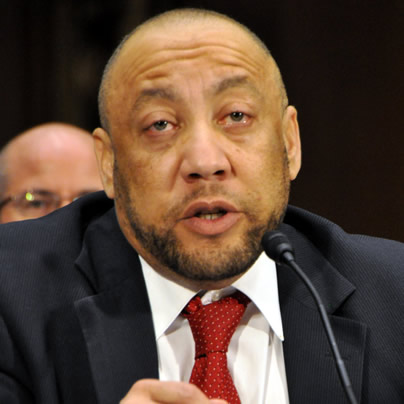
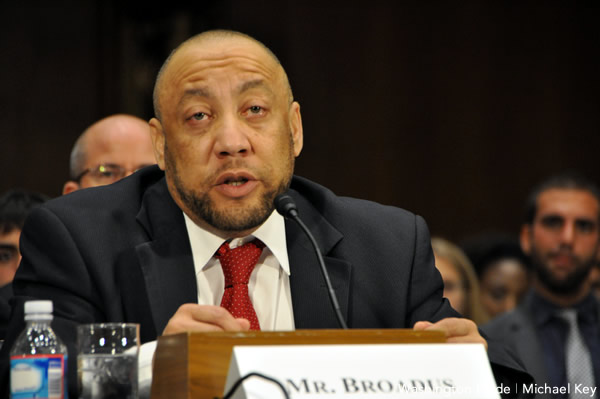
Kylar Broadus, the first trans person testify before the Senate on ENDA, has been tapped to lead the National Gay & Lesbian Task Force’s trans project (Blade file photo by Michael Key).
The first-ever transgender person to testify before the U.S. Senate on the Employment Non-Discrimination Act has been tapped by the National Gay & Lesbian Task Force to become head of its transgender initiative.
Kylar Broadus, a transgender man who founded the Missouri-based Trans People of Color Coalition, was named head of the Task Force’s Transgender Civil Rights Project, which provides strategy assistance for groups working to enact pro-trans policy and laws.
“I am extremely honored and excited to be working at the National Gay & Lesbian Task Force given its history in general as a progressive organization but particularly the leadership it has provided in the transgender movement,” Broadus said. “I intend to build off this great work and continue to make the Task Force a key player in the transgender movement.”
According to a bio provided by the Task Force, Broadus has engaged in his career as an activist, writer, lawyer, professor, lobbyist and public speaker. As a lawyer, Broadus had a focus on LGBT law — with a particular focus on transgender rights. He’s now serving as faculty at Lincoln University in Missouri.
Shannon Minter, legal director for the National Center for Lesbian Rights, had high praise for Broadus upon the news that he’d lead trans issues at the Task Force.
“Throughout his career, Kylar has continually developed cutting edge strategies to protect transgender people, worked to raise the visibility and leadership of transgender people of color, and demonstrated unfailing collegiality and collaboration,” Minter said. “He is a great leader, and I look forward to working with him closely in his new role at the Task Force.”
Last year, Broadus became the first openly transgender person to testify before the Senate on ENDA during a hearing that was set up Senate Health, Education, Labor & Pensions Committee Chair Tom Harkin (D-Iowa). At the time, he recalled the discrimination that he faced at a major financial institution when he announced that he would transition in 1995.
“At work, when I decided to actually transition, I had been there for a number of years, and I’m a workaholic, and it was disheartening to me that all this could be pulled out from under me because people weren’t comfortable with the person that I am,” Broadus said at time.
His written testimony details receiving harassing phone calls, receiving assignments after hours that were due early the next morning and being forbidden from talking to certain people.
During his testimony, Broadus called on Congress to pass ENDA to put into place federal workplace non-discrimination protections.
“I think it’s extremely important that this bill be passed to protect workers like me,” Broadus said at the time. “There are many cases that I hear everyday, and people call me everyday with these cases around the country because I’m also an attorney that practices and deals with people that suffer employment discrimination.”
Politics
George Santos sentenced to 87 months in prison for fraud case
Judge: ‘You got elected with your words, most of which were lies.’
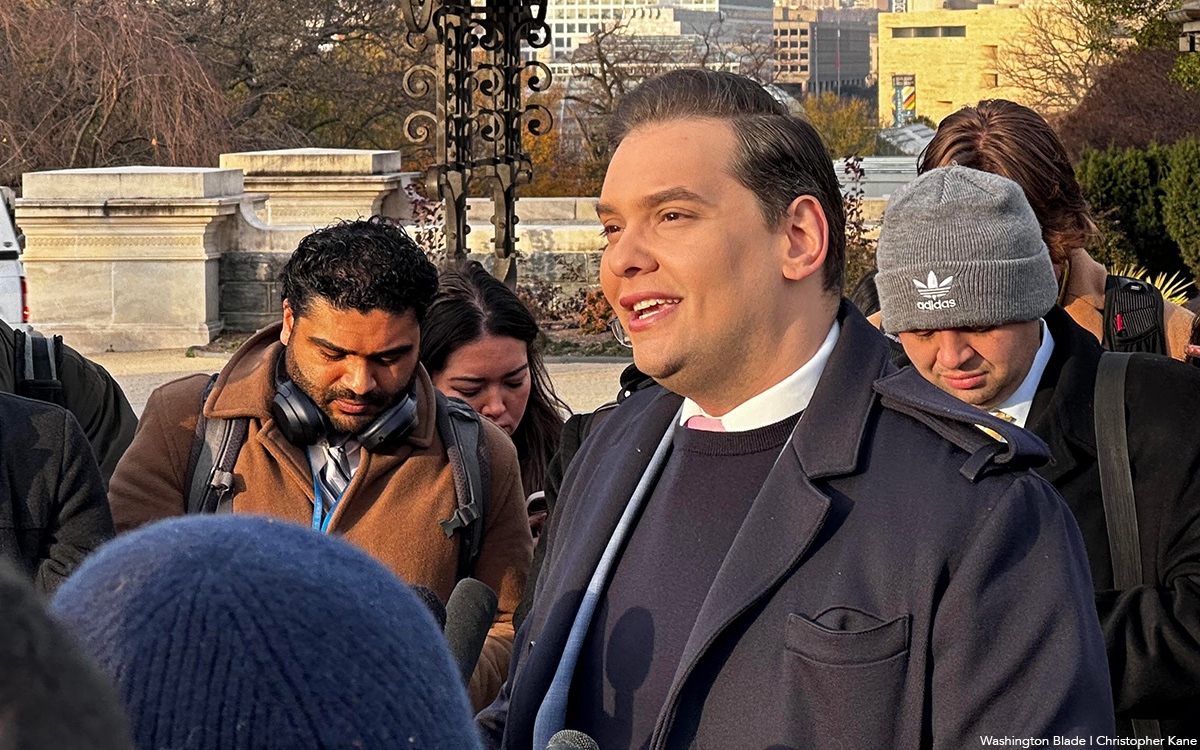
Disgraced former Republican congressman George Santos was sentenced to 87 months in prison on Friday, after pleading guilty last year to federal charges of wire fraud and aggravated identity theft.
“Mr. Santos, words have consequences,” said Judge Joanna Seybert of the U.S. District Court for the Eastern District of New York. “You got elected with your words, most of which were lies.”
The first openly gay GOP member of Congress, Santos became a laughing stock after revelations came to light about his extensive history of fabricating and exaggerating details about his life and career.
His colleagues voted in December 2023 to expel him from Congress. An investigation by the U.S. House Ethics Committee found that Santos had used pilfered campaign funds for cosmetic procedures, designer fashion, and OnlyFans.
Federal prosecutors, however, found evidence that “Mr. Santos stole from donors, used his campaign account for personal purchases, inflated his fund-raising numbers, lied about his wealth on congressional documents and committed unemployment fraud,” per the New York Times.
The former congressman told the paper this week that he would not ask for a pardon. Despite Santos’s loyalty to President Donald Trump, the president has made no indication that he would intervene in his legal troubles.
Maryland
A Baltimore theater educator lost jobs at Johns Hopkins and the Kennedy Center
Tavish Forsyth concluded they could not work for Trump
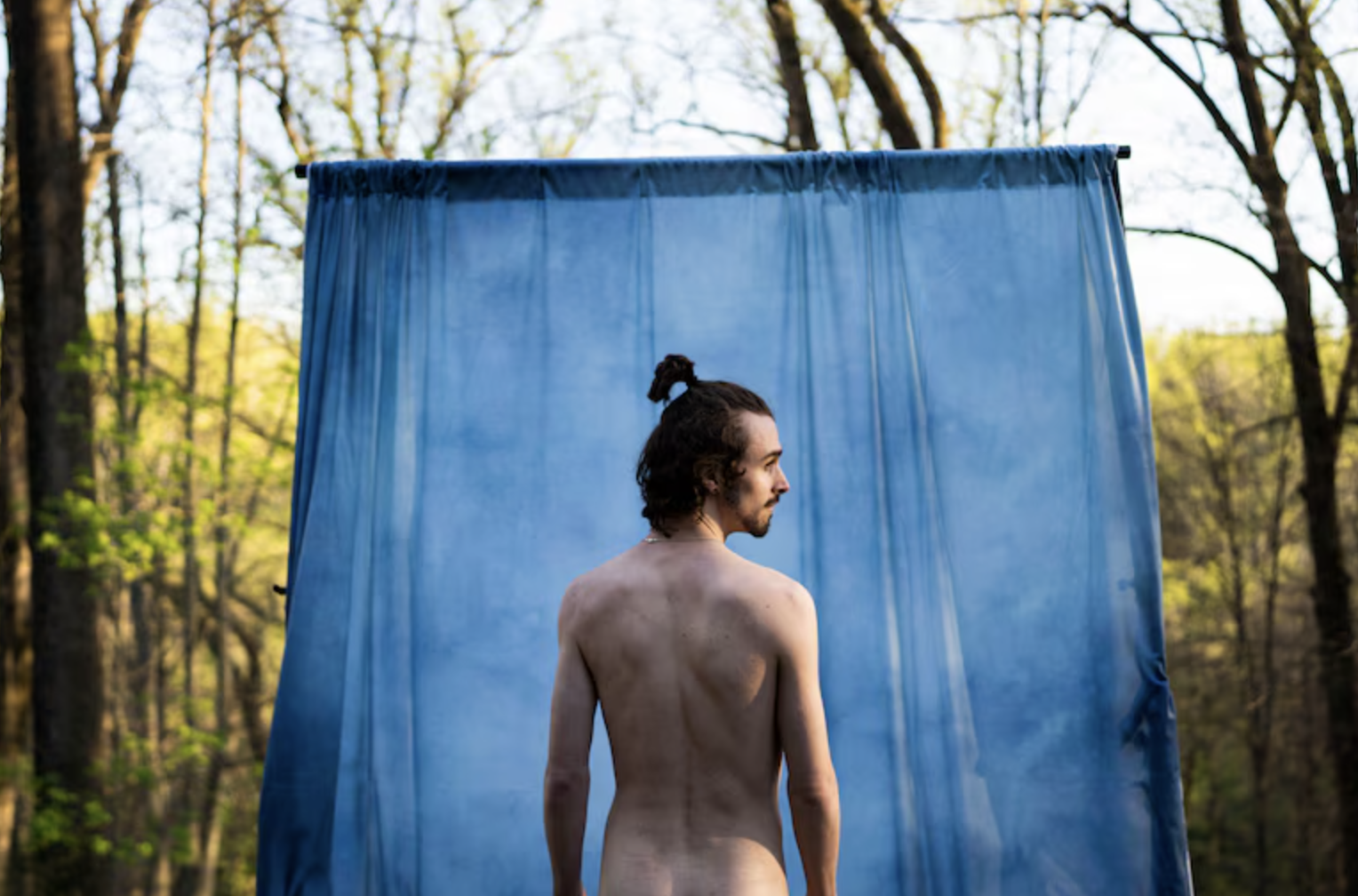
BY WESLEY CASE | Tavish Forsyth had come to a conclusion: They could not work for President Donald Trump.
So the 32-year-old Baltimore resident stripped down, turned on their camera, and lit their career on fire.
“F—— Donald Trump and f—— the Kennedy Center,” a naked Forsyth, an associate artistic lead at the Washington National Opera’s Opera Institute, which is run by the Kennedy Center, said in a video that went viral. The board of the nation’s leading cultural institution had elected Trump just weeks prior as its chairman after he gutted the board of members appointed by his predecessor, President Joe Biden.
The rest of this article can be read on the Baltimore Banner’s website.
District of Columbia
Little Gay Pub to host April 25 celebration of life for Patrick Shaw
School teacher, D.C. resident praised for ‘warmth, humor, kindness’
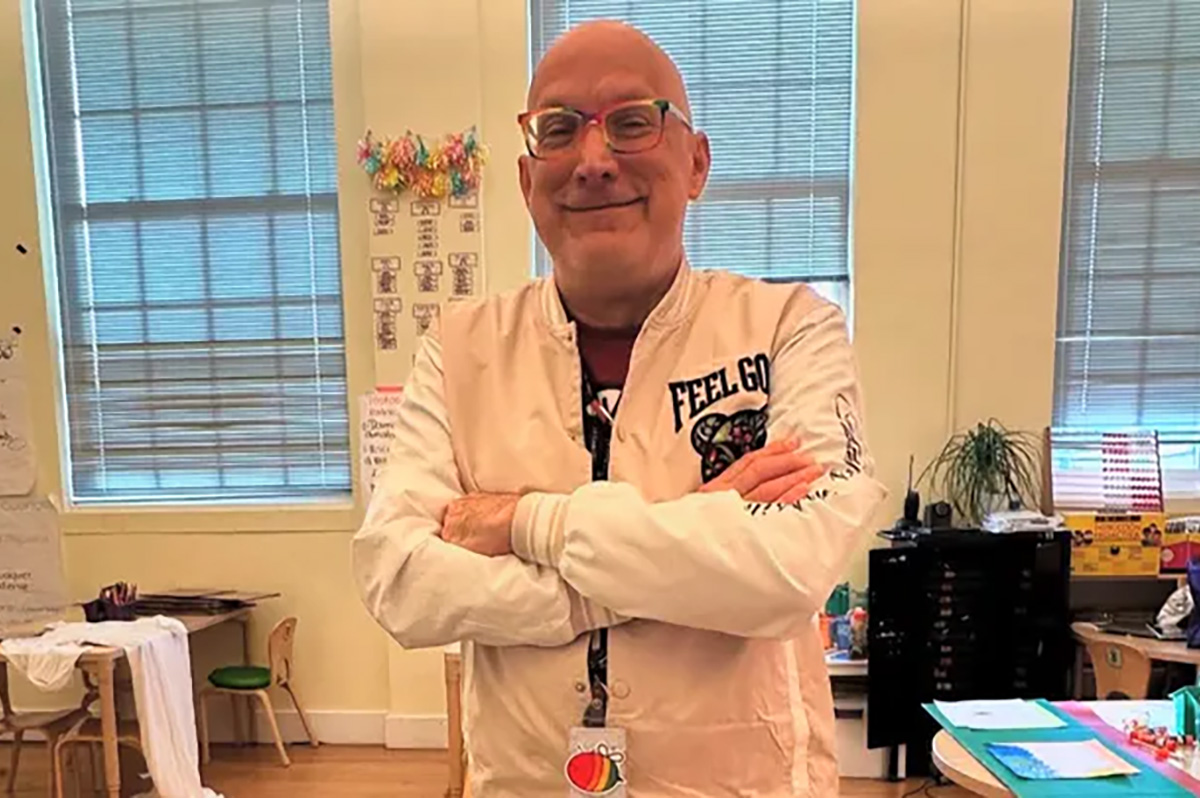
Co-workers and friends will hold a celebration of life for highly acclaimed schoolteacher and D.C. resident Patrick Shaw beginning at 5:30 p.m. Friday, April 25 at The Little Gay Pub 1100 P St., N.W.
Little Gay Pub co-owner and Shaw’s friend, Dusty Martinez, said Shaw passed away unexpectedly on April 19 from a heart related ailment at the age of 60.
“Patrick touched so many lives with his warmth, humor, kindness, and unmistakable spark,” Martinez said. “He was a truly special soul – funny, vibrant, sassy, and full of life and we are heartbroken by his loss.”
In an Instagram posting, Shaw’s colleagues said Shaw was a second-grade special education teacher at the J.F. Cook campus of D.C.’s Mundo Verde Bilingual Public Charter School.
“Patrick brought warmth, joy, and deep commitment to Mundo Verde,” his colleagues said in their posting. “His daily Broadway sing-alongs, vibrant outfits, and genuine love for his students filled our community with energy and laughter.”
The posted message adds, “Patrick was more than a teacher; he was a light in our school, inspiring us all to show up with heart, humor, and kindness every day. His spirit will be deeply missed.”
The Washington Blade is preparing a full obituary on Patrick Shaw to be published soon.
-

 Federal Government3 days ago
Federal Government3 days agoHHS to retire 988 crisis lifeline for LGBTQ youth
-

 Opinions3 days ago
Opinions3 days agoDavid Hogg’s arrogant, self-indulgent stunt
-

 District of Columbia2 days ago
District of Columbia2 days agoD.C. police seek help in identifying suspect in anti-gay threats case
-

 Virginia3 days ago
Virginia3 days agoGay talk show host wins GOP nom for Va. lieutenant guv












